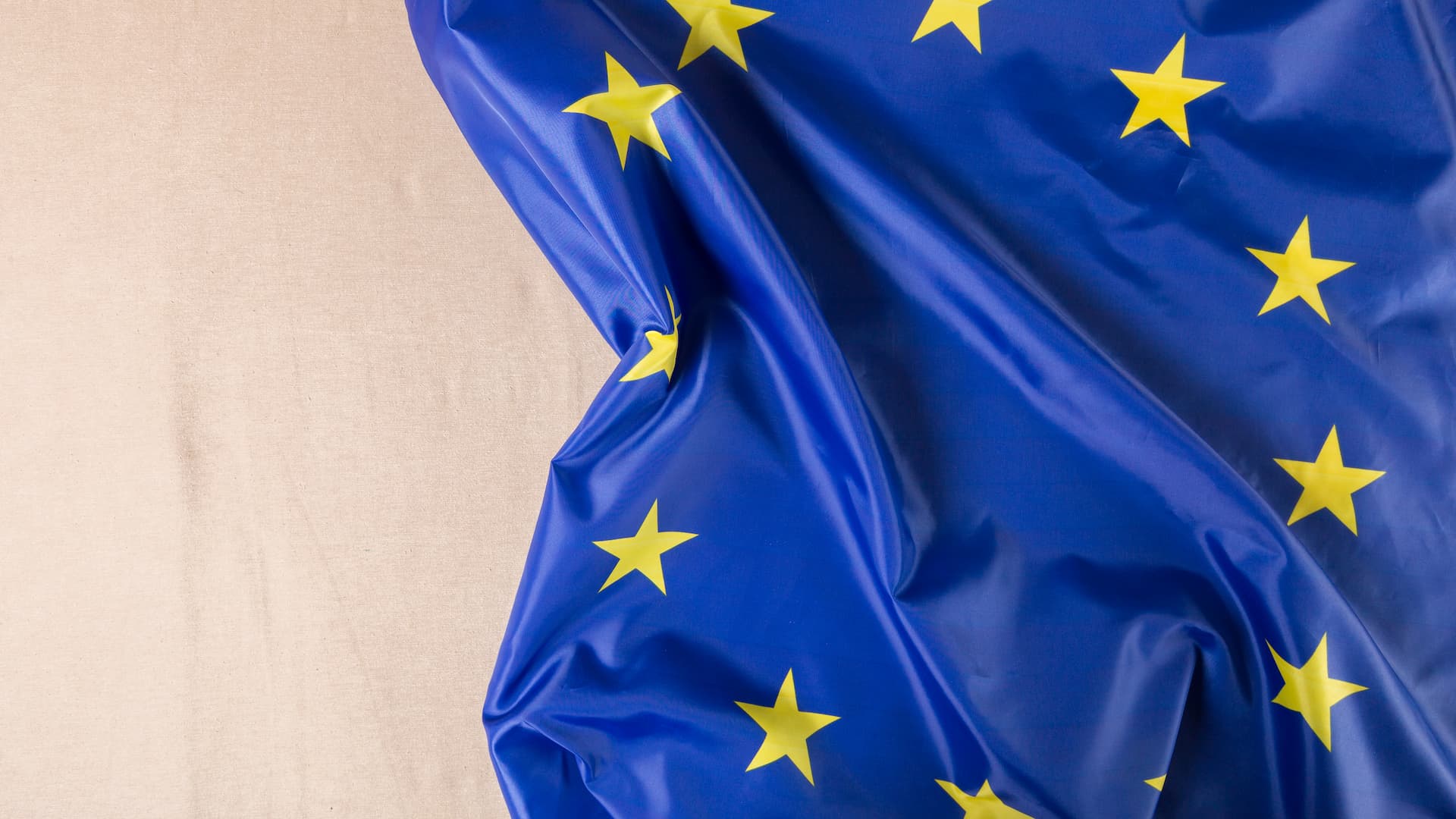Regulatory scrutiny of the EU’s digital fairness framework is set to begin on 1 July as the European Commission moves to tighten its supervision of online platforms.
An initiative that forms part of a broader effort to ensure stronger consumer protection across digital markets, with officials signalling stricter oversight of commercial practices that disadvantage users.
The Commission is preparing a major upgrade of its consumer protection framework, expected by December 2026.
The reforms aim to reinforce enforcement tools under the Unfair Commercial Practices Directive and the Consumer Protection Cooperation Regulation, allowing regulators to intervene more effectively when platforms breach fairness standards.
Michael McGrath, Commissioner for Democracy, Justice and Rule of Law, has highlighted the need for greater transparency and accountability as digital markets expand rapidly.
The forthcoming scrutiny focuses on ensuring that platforms respect transparency obligations, avoid manipulating users and provide fair conditions in online transactions.
Regulators seek to replace fragmented enforcement with a more coordinated model that reflects the increasingly cross-border nature of digital commerce.
Stronger consumer safeguards are becoming central to the digital agenda of the EU.
The next phase of reforms is expected to streamline investigations across member states and deliver more predictable outcomes for affected consumers, offering steadier enforcement instead of reactive measures taken after violations escalate.
Would you like to learn more about AI, tech and digital diplomacy? If so, ask our Diplo chatbot!










